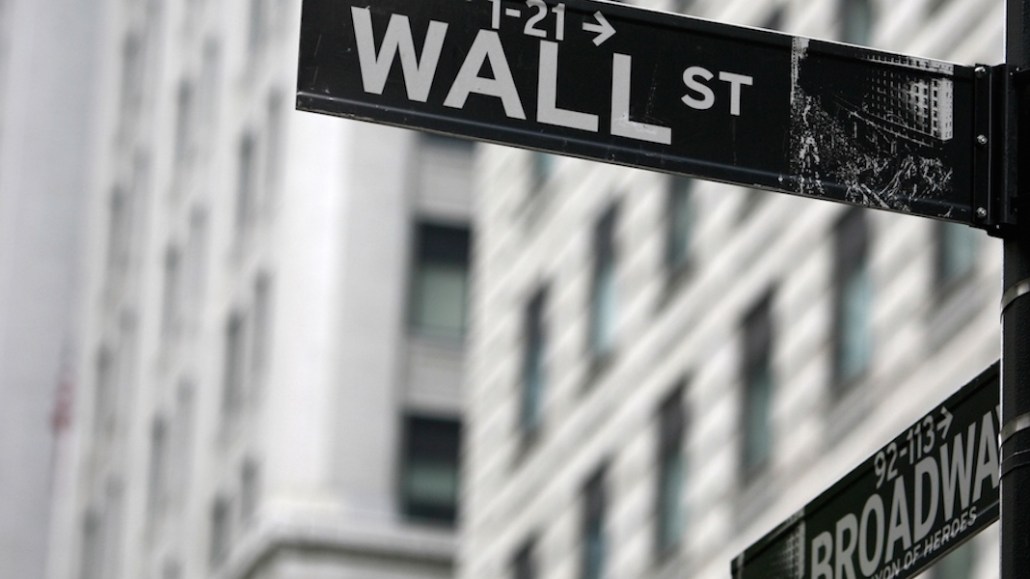Secure your place at the Digiday Media Buying Summit in Nashville, March 2-4

For financial analysts slogging away for long hours, an escape plan becomes enticing; entrepreneurship looks like a seductive dive into uncertainty after endless scrolls of spreadsheets.
Often, these unfulfilled financiers find their ways to careers in fashion.
“If you spend a lot of time in finance, you eventually want something radically different,” said Diana Melencio, co-founder of the personal shopping service Quinn, who had worked for nine years on Wall Street at a handful of investment banking firms before starting her company. “My days had consisted of 12 to 18 hours of spreadsheets, and I wanted something … not like that. It comes from a desire to innovate, to be a part of the fashion industry, which couldn’t be more different than this sterile environment.”
Wall Street, from heavyweights like Goldman Sachs and JPMorgan down to boutique firms, is a vessel for fashion startups. These former analysts-turned-founders can build financial models for new companies in their sleep and talk the same language as potential VC investors. And, after years of analytics and data sheets, left-brained people in the field are looking for creative outlets. The frustration and lack of stimulation, combined with a close proximity to the industry, leads to idea light bulbs.
More in Marketing

Future of Marketing Briefing: AI’s branding problem is why marketers keep it off the label
The reputational downside is clearer than the branding upside, which makes discretion the safer strategy.

While holdcos build ‘death stars of content,’ indie creative agencies take alternative routes
Indie agencies and the holding company sector were once bound together. The Super Bowl and WPP’s latest remodeling plans show they’re heading in different directions.

How Boll & Branch leverages AI for operational and creative tasks
Boll & Branch first and foremost uses AI to manage workflows across teams.








